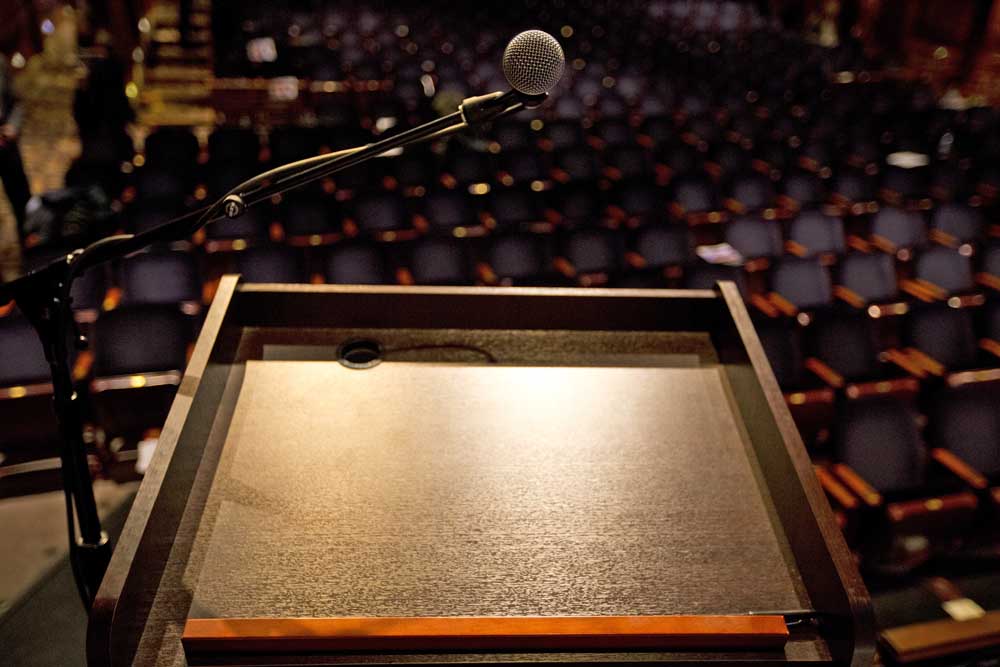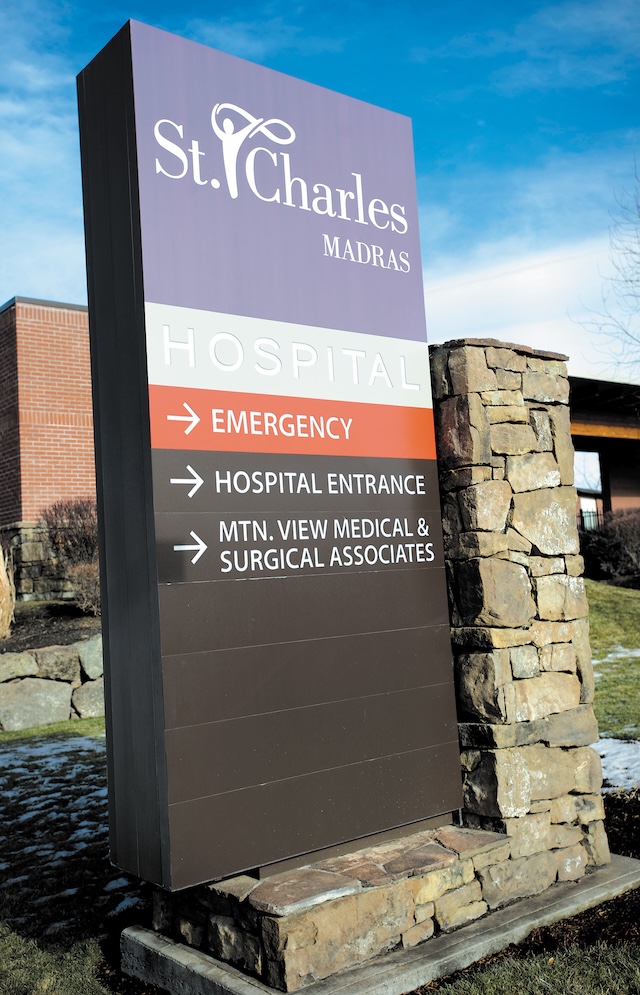Guest Column: Bend Fire & Rescue and rural fire district are reliable and effective
Published 6:00 am Sunday, March 5, 2023

- Guest Column
Historically, the American fire service has existed essentially to protect people and property from the negative impacts of fire. Over the last few decades, its mission has expanded to prevent further harm from all kinds of threats, such as motor vehicle crashes, natural disasters, catastrophic wildfires, medical emergencies and other life-threatening incidents. As living on this planet becomes more complex, these threats and their mitigation also increase in complexity.
Bend Fire & Rescue and the Deschutes Rural Fire District #2 (the area surrounding Bend) proudly exemplify the American fire service. They are funded by property taxes collected annually. In 2018, voters approved a five year levy at $0.20 per $1,000 assessed value to fund additional staffing in order to increase efficiency and effectiveness. That levy will expire soon.
Trending
When I began working for the Bend Fire Department in 1978, we responded to about 900 calls per year. In 2022, the call volume was 13,353, a 1,300% percent increase. In the same period, staffing has increased from 27 to 114, only a four-fold increase. The combination of a fifteen-fold call volume increase, far more complex medical calls, much higher training standards and requirements, and vastly higher community expectations demonstrates the immense difference between the Bend Fire Department of the past and today’s Bend Fire & Rescue. Although annual funding has not increased since 2014, call volume has risen by 60% and is forecast to rise another 38% in the next five years. Emergency medical calls comprise over 80% of this volume.
One measure of fire and EMS response effectiveness and efficiency is response time, the time it takes for an effective response force to arrive on scene once an alarm is received. The more resources (trained people and equipment) an agency has and the more efficient their arrangement (station placement, infrastructure, etc), the shorter the response time to an incident (generally speaking). For example, the recent bridge funding, ($0.11 per $1000), which the city and the district used to place an engine in the Pilot Butte Fire Station, has reduced the overall response time by about 30 seconds. Since a fire can double in size in 30 seconds, this is a significant increase in response efficiency and a wise use of funds.
Bend Fire & Rescue and the District are proposing to replace the current $0.20 levy and the $0.11 bridge funding with a five year levy of $0.76 per thousand. The increased levy will continue funding for the Pilot Butte engine, fund staffing for a new Advanced Life Support Ambulance and increase the current Basic Life Support Ambulance staffing to two 24 hour units, which will help keep emergency crews more available for critical calls.
Yes, it seems like a big increase. However, it will significantly reduce the time for responding crews to arrive on scene, increase the availability of trained responders for subsequent calls, make fire response more effective and provide a higher level of care and protection to us all, even as threats to life and safety increase. Approving this levy will materially increase your odds of surviving a life-threatening event. The current excellent level of service translates to lives saved that may have been lost, buildings still standing that would otherwise perish. But Bend continues to grow, wildfires are becoming more intense as the climate warms and the drought continues, and medical emergencies are on the rise. I’m asking you to help keep the community as safe as possible by voting in favor of the Bend Fire levy in May.
Bend Fire & Rescue is one of the national leaders in cardiac event survival and continues to excel in every aspect of emergency operation. Since we can’t predict when disaster will befall us, the next best thing is to have a highly efficient, effective and reliable fire and EMS response system.
Trending
Do you have a point you’d like to make or an issue you feel strongly about? Submit a letter to the editor or a guest column.








